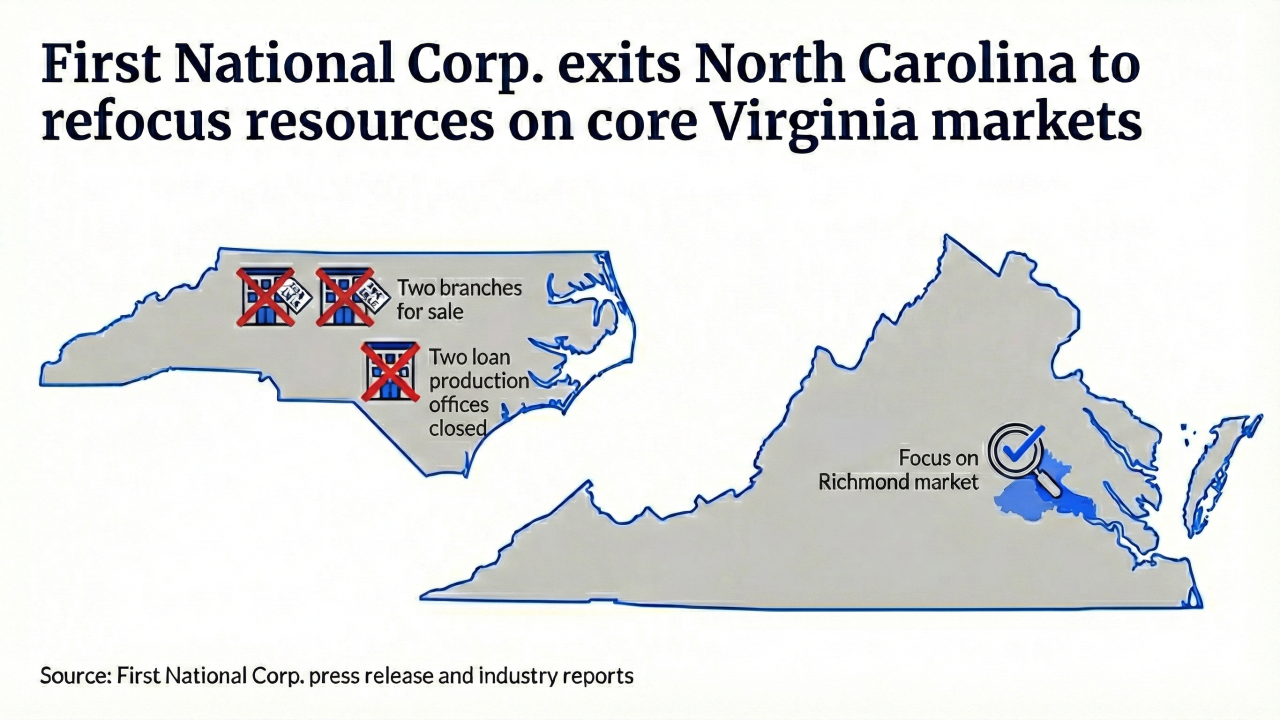CHICAGO - An Iowa Supreme Court decision yesterday could help clear the way for Polk County to refinance $40 million of debt issued to pay for the construction of the Prairie Meadows racetrack.
The 5-to-3 ruling affirmed a Polk County District Court's dismissal of a lawsuit challenging the lease-purchase agreement between the county and the racetrack's owner, the Racing Association of Central Iowa.
The suit, brought two years ago, claimed that state law prohibits a government unit from pledging its taxing powers to pay debt service on revenue bonds issued to benefit a private entity.
James Koolhof, Polk County's manager, said the decision was a "very key step" in the county's effort to refinance the debt.
The county issued $40 million of sports facility bonds in 1984 to build the racetrack and remarketed the bonds under the lease-purchase agreement in 1987.
Under that agreement, Polk County must provide the difference between the $4 million annual debt service on the bonds and track revenues derived from a 6% wager tax.
Terrence A. Hopkins, an attorney representing the plaintiffs, said he was disappointed with the court ruling. He added that he intends to file a "petition for rehearing" with the state Supreme Court to address the issue of whether the county has a legal right to give the racing association loans in the future.
In 1989, the county agreed to lend the racing association funds as needed for operating cash-flow requirements. It also provided the association with a no-interest line of credit.
"We're disappointed," Hopkins said. "Our argument was set out in the [dissenting opinion]. There just weren't enough justices that agreed."
In affirming the lower court's dismissal, the majority noted that the plaintiffs failed to challenge within 15 days the decision by the Polk County Board of Supervisors to enter into a lease-purchase agreement with the racing association in December 1986. The plaintiffs filed their suit in July 1990.
The 15-day requirement "allows a taxpayer an opportunity to challenge the legality of the action, but closes the door when no challenge is made." said Judge Louis Schultz wrote. However, in a scathing dissenting opinion, Judge David Harris said the majority judges did not "reach the merits of this important controversy," referring to the lease-purchase agreement between the county and the racing association.
"I would grant [the] plaintiffs the relief they seek because I am convinced this crude scheme, which renders Polk County voters liable for what should be a private obligation, is illegal and unconstitutional," Harris wrote.
Koolhof said the decision in the county's favor may help resolve two other pending lawsuits against the county. Koolhof noted that the suits must be resolved before the county proceeds with the refinancing plan.
One of the suits, which is before the state Supreme Court, claims that the county failed to give proper notice before the board approved the lease-purchase agreement. The other suit, filed in the county district court, challenges the county's proposed refinancing plan, claiming that state law does not allow the county to issue general obligation bonds to refinance debt for sports facility revenue bonds;
Meanwhile, payment of the racing association's $2.3 million December debt service payment is in question, pending the resolution of the remaining lawsuits and the association's bankruptcy proceedings.
The association, which filed for bankruptcy last November, must obtain authorization from bankruptcy court before making any payments, including the December debt service payment.
"Obviously, had we received a decision a month ago, we may have been able to clear up things before the December payment." Koolhof said. "But with only one month, we can't be confident it will be on time."
Ann Lowenthal, a vice president and managing director of the Plains regional group at Moody's Investors Service, said the rating agency was "pleased for the bondholders that the suit was resolved in the county's favor."
However, she said the court decision is "just the first of a number of the issues that need to be resolved to ensure timely and full payment of debt service on Dec. 1."
After the legal issues are resolved, Koolhof said the county expects to refund the racetrack bonds with capital loan notes secured by the county's GO pledge.
Koolhof has said a calamity clause provision in the 1984 bond indenture would allow the county to issue the notes. The county would then turn over the proceeds to the racing association, which would pay off holders of the revenue bonds.
The first step toward exercising that provision took place Nov. 26, when the county board voted not to provide a subsidy of up to $5.5 million for the 1992 racing season. The racing association filed for bankruptcy the next day.
The county's sports facility bonds are rated Caa by Moody's. The county's general obligation debt is rated A by Moody's and AA by Standard & Poor's Corp., which does not rate the sports bonds.





